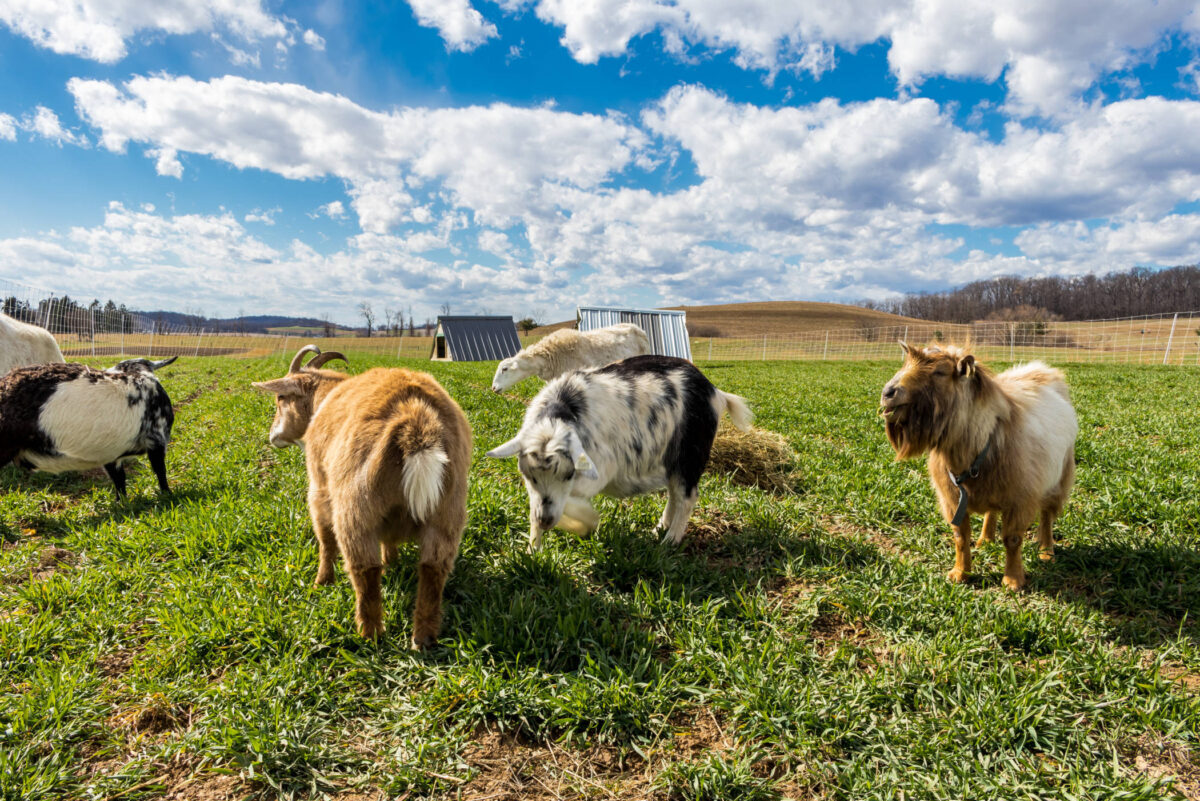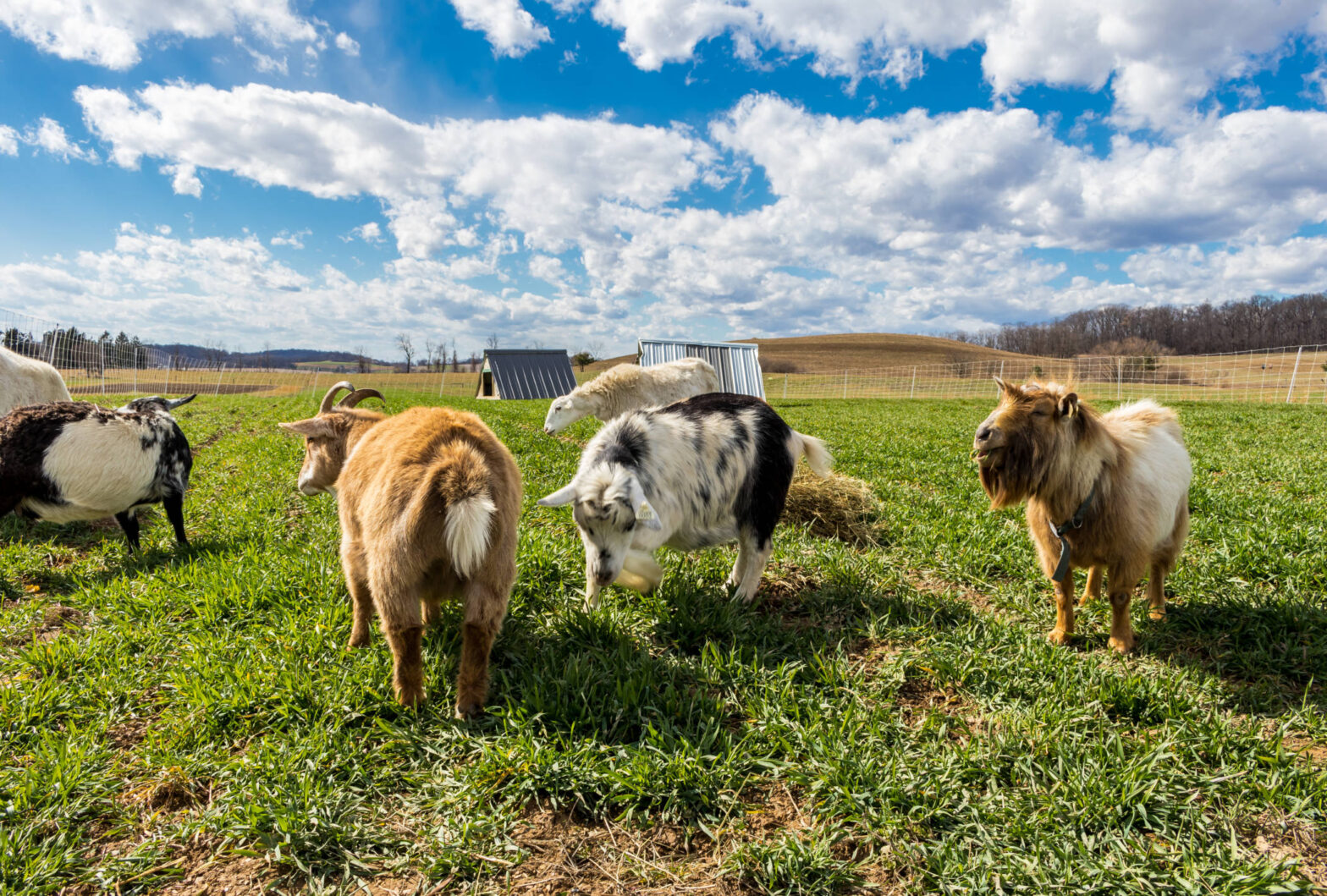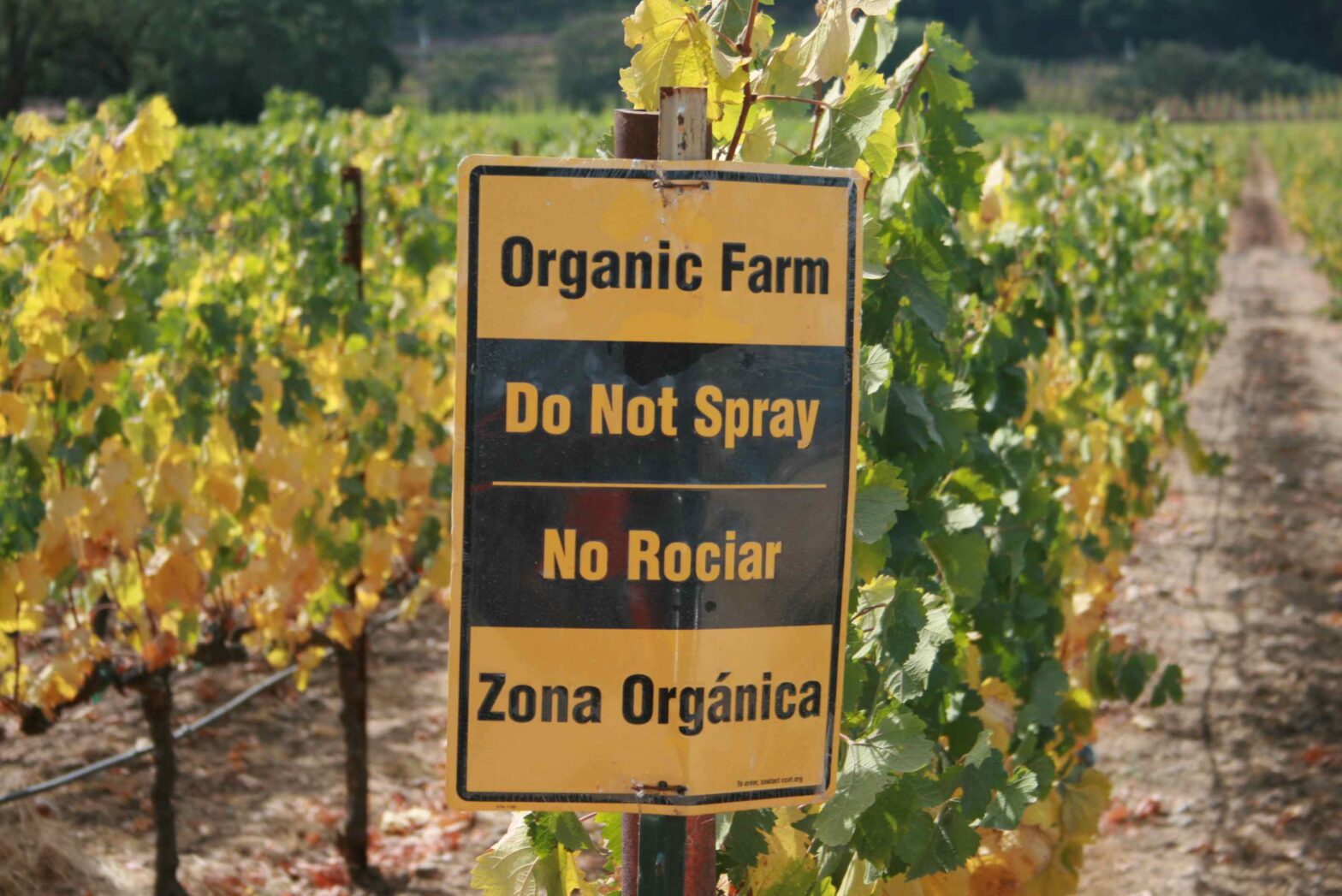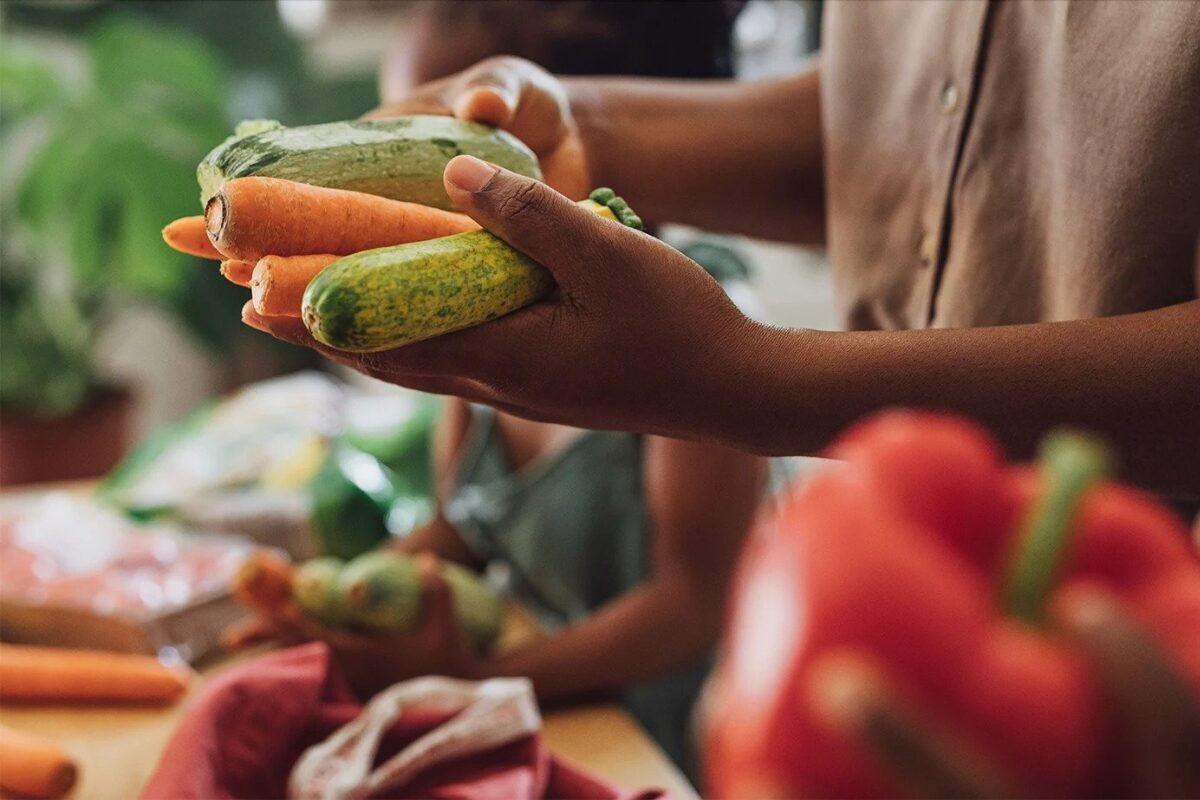When organic standards were made, the welfare of animals was considered. However, most people think that something more can still be done for animal welfare measures. Organic Standards continuously improve and are active. They are made to ease the methods of getting certified and not to require the best practices in organic farming.
The Animal Welfare Task Force was established in 2005 by the Organic Agriculture Centre of Canada. It was made to spread the latest updates and perspectives about animal protection to farmers and other people in the organic sector. They want to level up animal protection in organic agriculture.
The main philosophy of organic production is the living arrangements of livestock. They have to be promotive to these animals’ natural behavior and health. There should also be ample space for them to lie down, turn around, stretch, act socially, and groom when they are inside their pens. You can see the space requirements needed in the Organic Standards.
The key principle in organic production is outdoor accessibility. During the grazing period, animals have to be on the field. All livestock, poultry, and pigs need to have outdoor access since they need to run throughout the year.
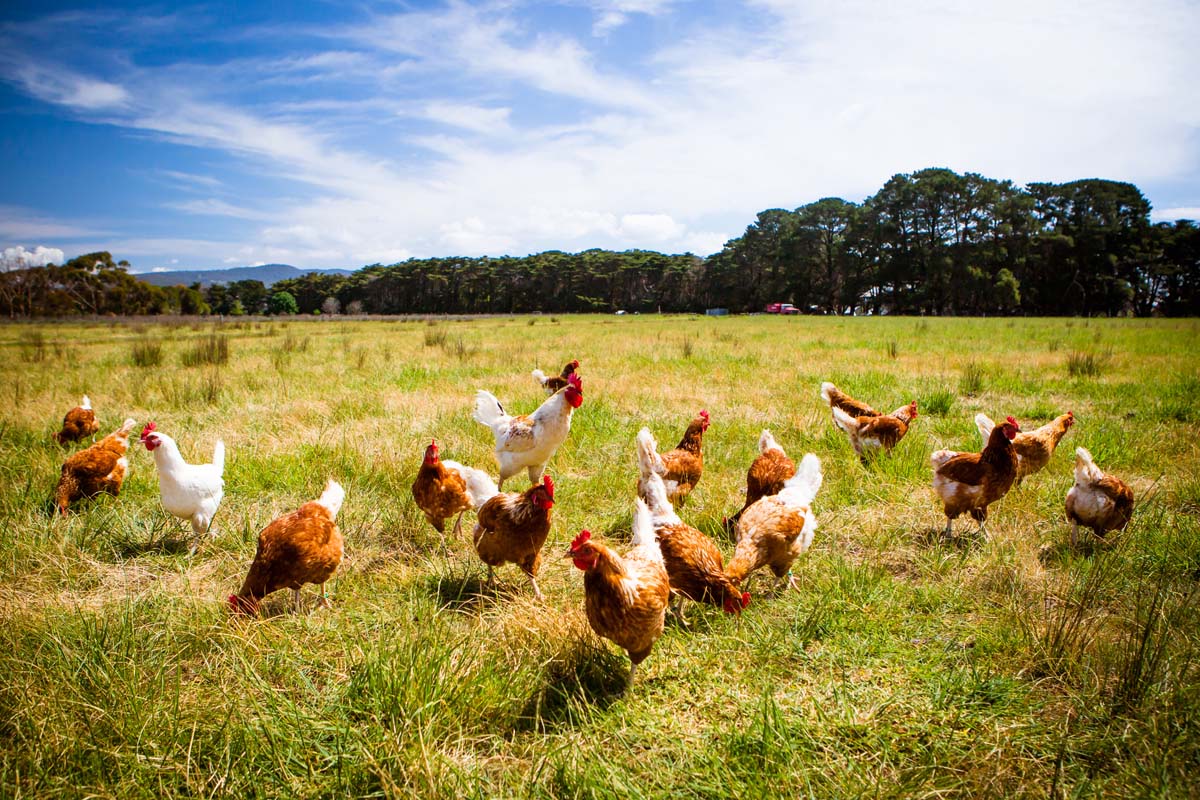
Organic Standards have exceptions depending on the health, weather, and life cycle conditions. Other things to consider are the ability of farmers to give outdoor accessibility since there can be a threat. There can also be danger in transmitting diseases from wild animals. If this happens, the marketing or provincial authorities will need to have the animals indoors. The regulations these authorities implement are above the Organic Standards.
When animals are outside, they need to be protected from weather elements such as in summer and winter. Trees, windbreaks, and specially-designed shelters can be used. Large animals can stay outdoors even in cold winters, given that they are protected from extreme weather elements such as cold winds.
In summer, providing shade to animals is crucial. When the temperature is higher than 26 degrees Celsius and the humidity is higher than 50% to 70%, most animals can experience heat stress. You need to be more careful when you have pigs and young livestock since they are very sensitive to this. You can protect them by giving them access to cool and potable drinking water. In summer, their water intake can be 30% higher.

